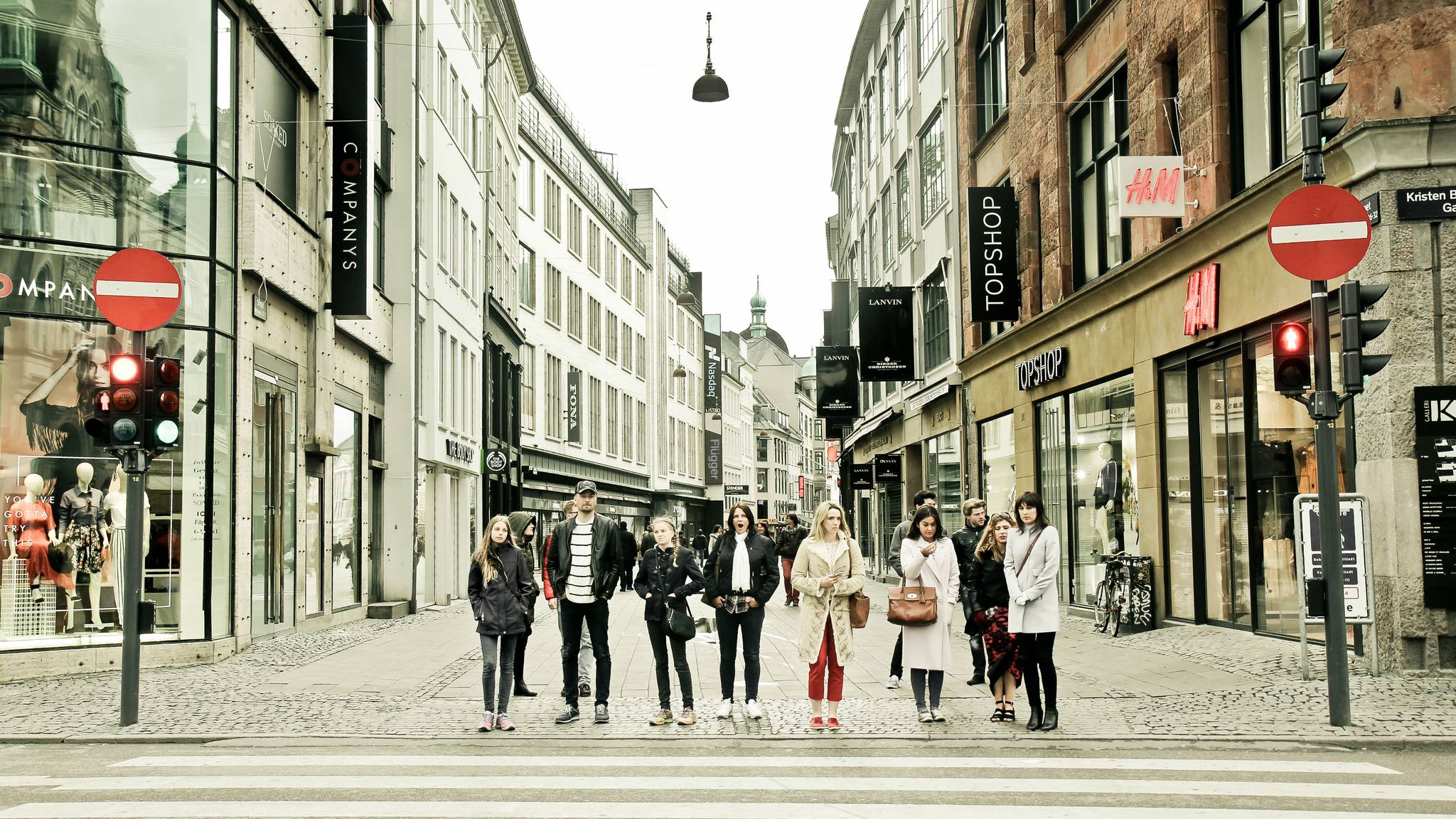
From McDonald’s to Coca-Cola, brands have long pitched the pursuit of happiness as a fundamental aspect of the human experience. And there’s no doubt that we’ve all become obsessed with it. But happiness is much more nuanced than the word suggests. Following a talk from Meik Wiking at Nudgestock 2017 – CEO at the Happiness Research Institute and author of The Little Book of Hygge – we explore what happiness is and how behavioural economics can be used by brands to encourage people to feel happier.
On a scale of one- to 10, how happy are you right now? Now imagine you’ve just come home from a gruelling day at work. You had to stay late and you’re exhausted. And now arriving home, you’ve just noticed that scoffing your lunch at your desk earned you a stain that needs attending to. At this point in time, your happiness levels have probably dropped.
But what if that day at work was in the paediatric ward of a hospital, providing life saving support to children suffering from disease? Or what if, after work, you return home to two beautiful children who you’re working hard to put through college and give the best start in life? How happy you are at that specific moment doesn’t capture the overall sense of satisfaction or happiness you feel after a day’s work – or in life more broadly.
According to OECD guidelines, subjective well-being “covers a wider range of concepts than just happiness.” Wiking explains three different and important aspects of our happiness, each of which contribute to our well being in different ways;
Affect: this is often what we mean when we colloquially use the term ‘happy’. It’s about our feelings or emotional states, typically with reference to a particular point in time.
Life evaluation: this is a reflective assessment on our life or some aspect of it, such as how satisfied we might be with our health, or financial situation.
Eudaimonia: this is a term well-explored by Aristotle, who believed that an important aspect of well-being was having a sense of meaning and purpose in life.
So, happiness in the wider sense is not only about individual short lived positive mental states. Instead, happiness relies on how we evaluate our lives, and what our emotional reactions are to our experiences in the long run.
Brands have done well to appeal to, associate with, and support that fleeting emotional state we have come to call ‘happiness’ – from the McDonald’s Happy Meal, to Coca-Cola’s ‘Open Happiness’ campaign. Beyond a sugar rush to increase our mood, spending our money on products and services that match our personality has shown to have a positive effect on our happiness. But pursuing this transient mood is only one way brands can better improve the lives of their customers.
Satisfaction with a particular aspect of life often means having a sense of autonomy and control over it, as well as a sense of competence with it. Brands like Monzo, which offer financial services and help people manage their money better, can help customers feel a sense of satisfaction by empowering them with financial knowledge. Similarly, while providing health insurance, Humana also highlighted the benefits of keeping fit to Seniors – something that will likely to increase their level of satisfaction with their health.
Ultimately, happiness is good for business. “If you experience happiness as a consequence of interacting with a product, you’re more likely to use it again and pay more for it,” says Dr Paul Marsden, a consumer psychologist and brand consultant who specialises in positive psychology. “It’s pure positive reinforcement. It makes business sense to play to people’s happiness, their sense of well-being.” But for brands to really harness the idea – and sell it to us in their products – they’re increasingly expected to go beyond the emotion itself, and help customers’ in achieving their own version of happiness.
happinessresearchinstitute.com
Alex Caminer is Senior Behavioural Strategist at Canvas8, which specialises in behavioural insights and consumer research where he designs research strategies and leads behaviour change projects. With another foot in the academic world, he investigates the nuances of decision making, understanding the hidden forces that guide our behaviour to rethink the way we structure our lives and design our societies.



